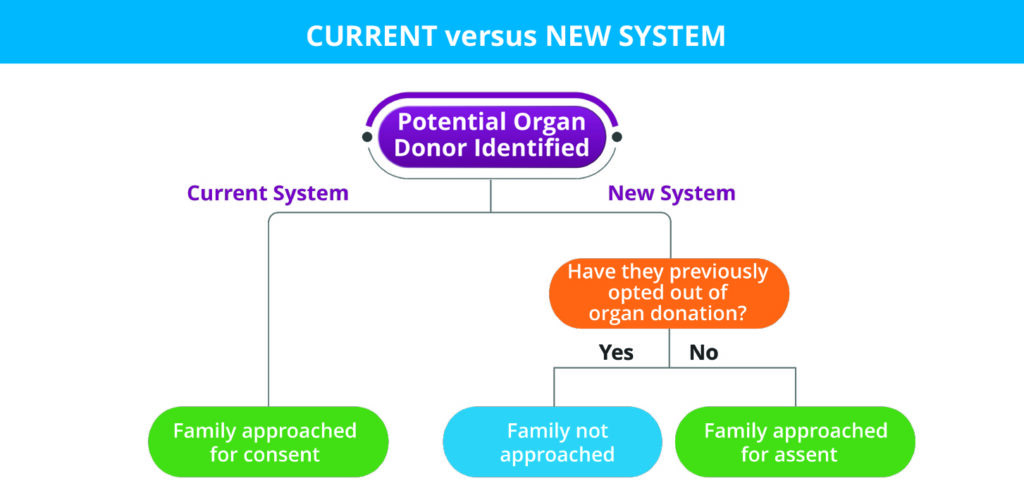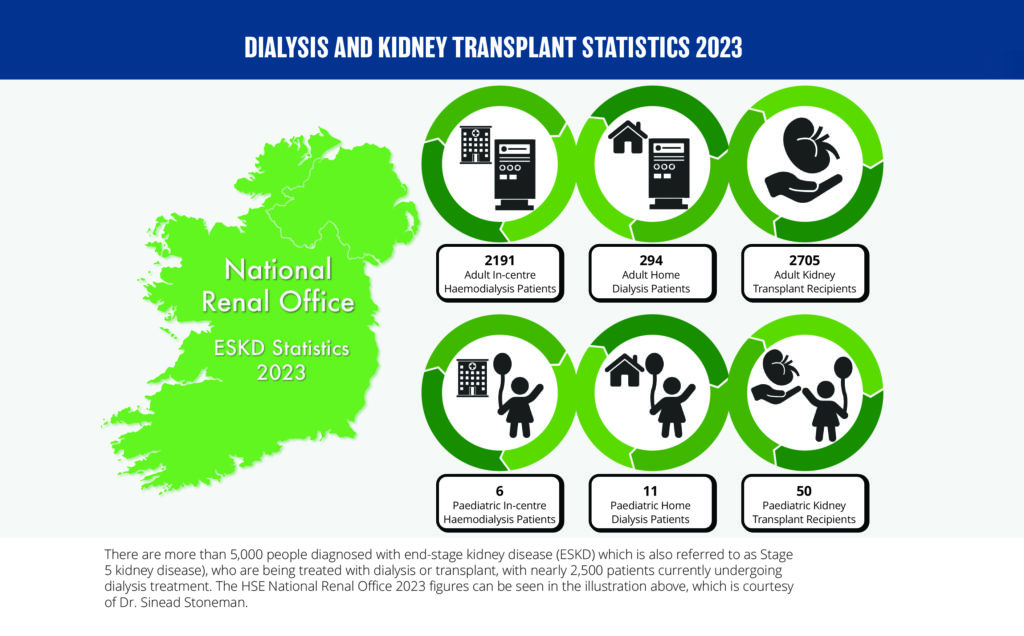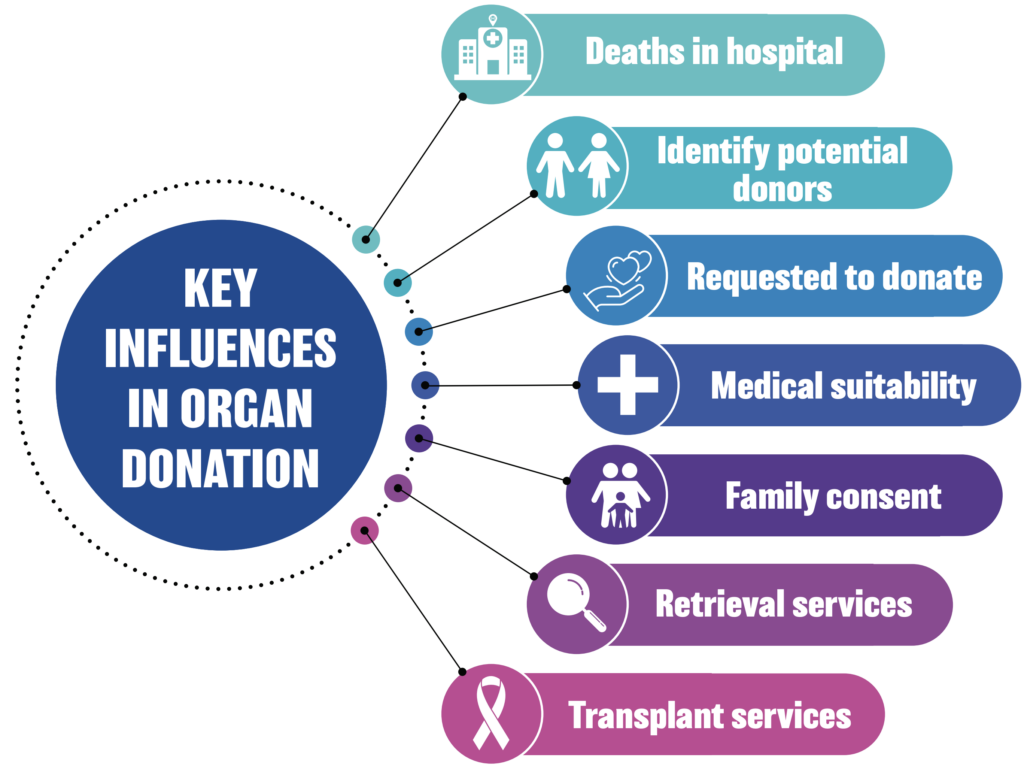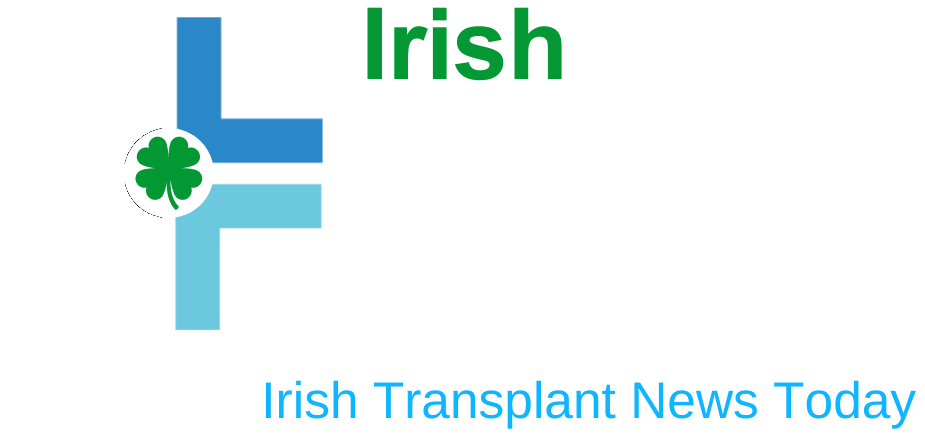Table of Contents
Human tissue (transplant, post-mortem, anatomical examination, and public display) ACT 2024 was officially passed in Dáil on February 21, and then enacted by Ireland's President Michael D. Higgins on February 28, 2024. I did. Areas that include organ donation and transplantation. In this article, we will look at what has happened so far and what we can expect in the future.
History of kidney transplants in Ireland
The first kidney transplant in Ireland took place in 1963. This was followed by the first heart transplant in 1985, the first pancreas transplant in 1992, the first liver transplant in 1993, and the first lung transplant in 2005.
People also traveled to the UK for transplant surgery, but there remains a strong link between the two jurisdictions, such as the paired kidney exchange program and other pediatric transplants occurring in the UK (except kidneys). It's there. Figure 1 We provide an overview of Ireland's ports so far.
One of the first actions of the Irish Kidney Association (IKA), formed in 1978, was to introduce a Kidney Donor Card. The association has been at the forefront of promoting organ donation for over 45 years, and has not been different from advocating laws in the field of organ donation and transplantation.
The introduction of cyclosporine as an immunosuppressant in the early 1980s was a game-changer in organ transplantation. Since then, there has been ongoing development of immunosuppression, with new drugs and finer dose adjustments emerging.
Figure 1: Overview of previous Ireland ports
Laws for organ donation and transplantation
Legislation for organ donation for transplants has been an ongoing task for years. The 2008 Human Organs and Human Organization Bill expired in 2011 with the disbandment of Dáil and Seanad. Senator Mark Daly has been actively supporting Ika's work in the region since first joining Shawnado in 2007.
Under the direction of the IKA board, past and present, staff are doing important work to influence the development of both national and EU policies. Over the years, IKA has experienced promoting organ donation to withstand debate, and how and why what happens in other countries, and often how and why they provide their services. It has provided a considerable understanding of what happened.
After nearly 8,000 organ transplants, the Human Tissue Act, for the first time in 2024, provides a national legislative framework for operating organ donation and transplant services in Ireland, repealing the nearly two-century anatomy law of 1832 .
It has been encouraging to see cross-party support in promoting organ donation and transplant services throughout the legislative process. Ika was in every stage at every stage. Provide briefing documents to all parties. Advocates several amendments to improve the bill. It ensured that the perspectives of patients, donors and donor families were part of the conversation.
Work carried out by the Association in relation to the law has built a reputation as a partner in the future development of organ donation and transplant services. Our work included holding an Oireachtas briefing session last November and holding a meeting with Department of Health officials and Minister of Health Stephen Donnelly.
Although IKA did not achieve everything we were looking for in relation to the amendment, the Minister agreed to an amendment committing to reviewing the opt-out register within three years of the start of the registry itself. I did.
This is important as it allows you to re-add organ donation and transplant into your political agenda, reflecting and learning the experiences of the previous three years. At the forefront of promoting organ donation in the community, IKA plays an important role in this review.
Human organizational law has many aspects, each requiring preparatory work (training, education, etc.) and infrastructure before fully implementing it. Therefore, there are no formal changes yet regarding hospital practice. The opt-out organ donor registry has not yet been established. Waiting for the timeline for the deployment of changes.

Figure 2: An overview of current and new potential organ donor systems
What changes does human organization law bring about?
Altruistic donations: The new law includes undirected altruistic contributions for the first time. Altruistic kidney donations include members of the public who are moving forward to donate their kidneys to the transplant pool, and recipients will be anonymous.
According to Human Organization Act, “an undirected altruistic donor cannot direct or specify that their organs will or will not be donated to a particular class or class of persons,” to this day. If someone wanted to donate to a stranger (altruistically) to a stranger, they had to go to Belfast or abroad to do so.
Introduction and presumed consent of opt-out registers:
The official online opt-out register records details of those who choose not to be considered a potential organ donor. Figure 2 This shows how this can change the approach to family approval.
Those who do not opt out of online registers will be considered
An ambitious and potential organ donor. It is important to note the following:
- In situations where organ donation is permitted, approximately 1% of deaths occur each year.
- Organ donation will only proceed with consent (consent) from the family.
The core message for the public remains in relation to organ donation. “Don't doubt your loved one.” The organ donor card can be used to start a discussion with a patient and their family, and the organ donation decision is known in advance. Medical professionals are also encouraged to discuss with their loved ones and to let them know their personal wishes.
Future development
This year's Successful Organ Donation Awareness Week Campaign (April 20-27, 2024) – When reviewing IKA's organ donation partnership with Ireland, the public is keen on the topic of organ donation. It's rewarding to realize that you're involved in this field. Squid volunteers and their social media.
However, two months after the Human Organization Act was passed, there remains considerable confusion over current practices in organ donation for transplants and how this law will ultimately affect the public. . Much of this is based on the false assumption that the provisions of the law are already in place. IKA believes that robust public education programs are extremely important. National messaging needs to be supported by community-based information programs.
As a community-based organization with over 45 years of experience in promoting organ donation, IKA has the right resources, is well placed and already has public trust. Ongoing public education programs.
Such programs are essential to ensure that everyone understands what the opt-out register means and how it works before it is officially introduced. Similarly, there is a need for clear messaging on other clauses, including considerable preparation to robust how altruistic kidney donations work and how they actually work.

Figure 3: Dialysis and Kidney Transplant Statistics 2023

Figure 4: Important impact on organ donation
Conclusion
The passage of the law on February 28, 2024 was historic, but it is not the end of the story related to organ donation for transplants. It's just the end of the chapter. The next chapter includes the initiation of relevant parts of the law. You will also need to allocate appropriate resources to ensure that changes to the law are meaningful.
It was clearly delighted to announce that Health Minister Stephen Donnelly, in line with the death of the bill's Dáil, that he was committed to increasing funds of 1.6 million euros for organ donation and transplant services.


